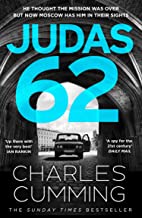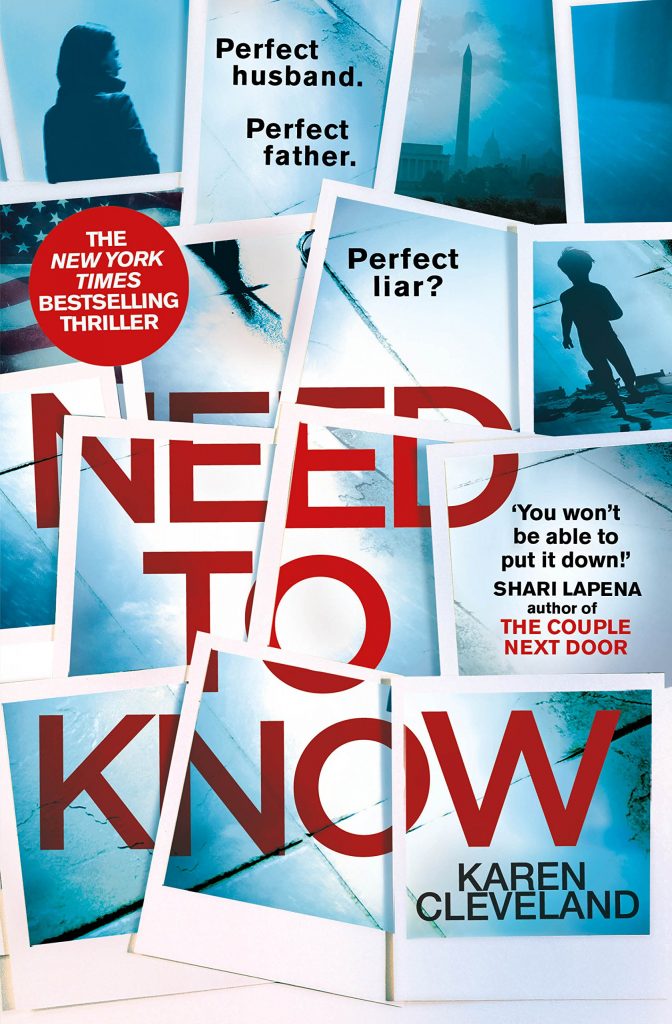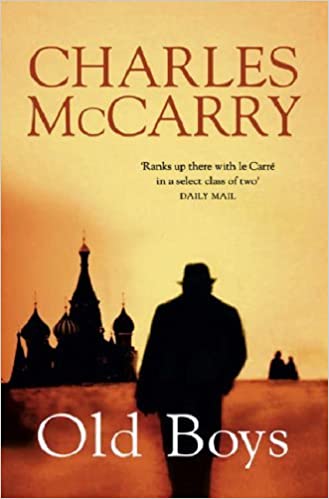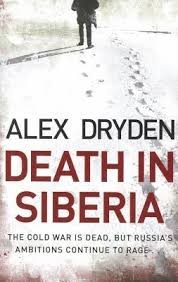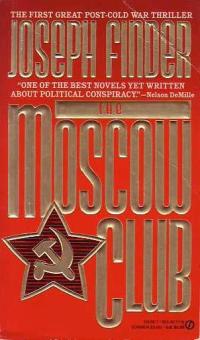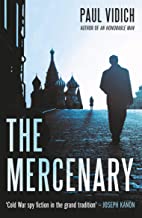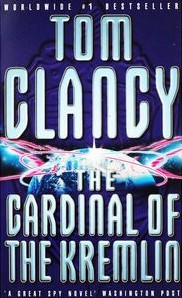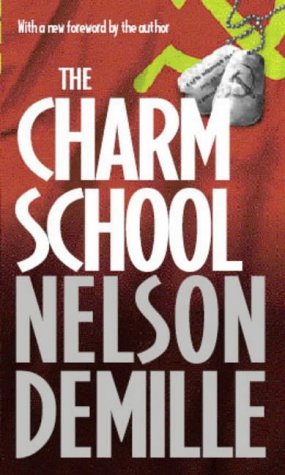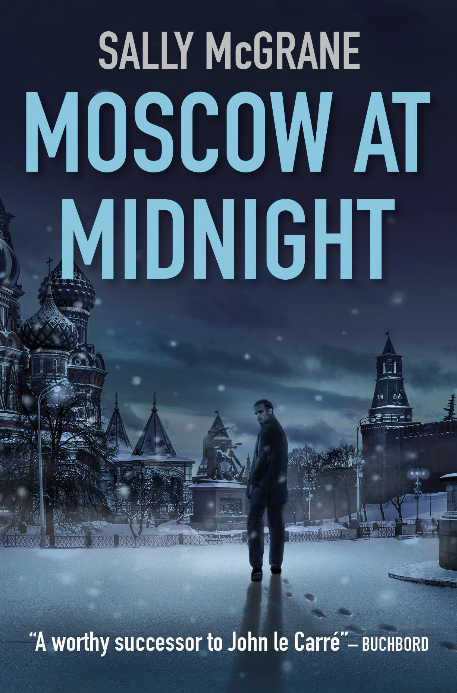
It is a rare thing for a Russia-in-fiction novel to not have Moscow or St Petersburg in it. Yes, there are several that are set elsewhere in Russia, but even these tend to at least visit one or both of Russia’s current and former capitals. Kolymsky Heights is so absolutely determined to avoid them that its central character —sent into Russia by the CIA— enters and leaves by sea from the Far East of the country.
And ‘enters and leaves’ barely covers it. Jonny Porter’s journeys into and out of Russia are perhaps the most convoluted crossings in all the books reviewed on this blog. They take up about a third of this nearly 500-page story.
We will shorten them to a couple of sentences. Porter gets into the Far East of Russia disguised as a Korean seaman, working his passage on a Japanese trading vessel sailing from Nagasaki to Murmansk. He gets out across the ice of the frozen Bering Strait between Russia and Alaska, shot at and shelled by pursuing Russian soldiers.
But before getting too far into the rather fantastical plot of Kolymsky Heights, let’s retreat a little into context.
Continue reading